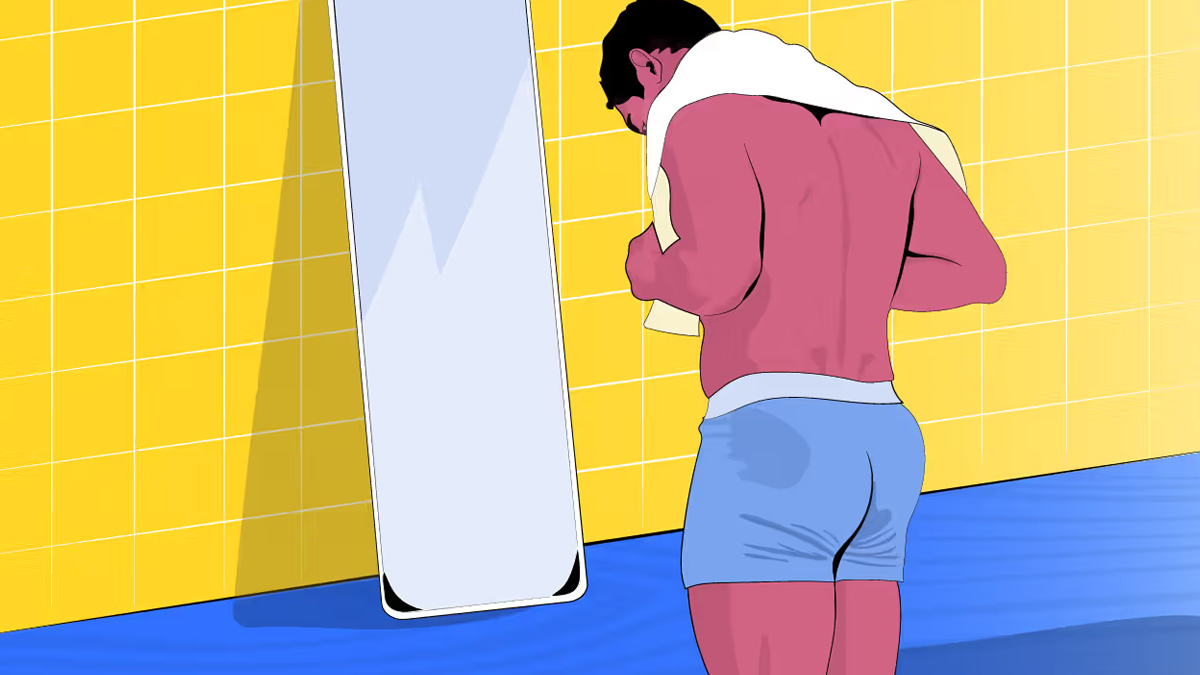Imagine waking up one day and learning you’ll have to live with just one testicle. Whether due to an accident, illness, or surgery. For many men, this brings a wave of anxiety: Will I still be ‘man enough’? Will my body change? Most importantly, will I still produce enough testosterone, the hormone that shapes everything from muscle strength and bone health to mood and sexual desire? These are real, relatable worries for anyone facing this situation. To clear the confusion, we spoke with an expert to understand what really happens to testosterone levels when a man has only one testicle.
Does One Testicle Reduce Testosterone? Expert Explains![one testicle 1 - 2025-04-21T101135.984]()
According to Dr Avir Sarkar, Assistant Professor, Department of Obstetrics and Gynaecology, NIIMS Medical College and Hospital, Noida, “A healthy single testicle is usually capable of producing adequate testosterone for the body’s needs.” He explains that when one testicle is lost, whether from birth, injury, or surgery, the remaining one often steps up its activity. This compensation helps maintain normal testosterone levels in most men, provided the remaining testicle is functioning well.
Some of his key points are mentioned below.
- The testicles are the main source of testosterone in men.
- Losing one testicle does not automatically mean low testosterone.
- The body’s hormonal feedback system signals the remaining testicle to work harder and produce more testosterone.
Dr Sarkar notes, “If the remaining testicle is healthy, most men will not notice any major difference in their hormone levels or masculine traits.”
ALSO READ: World’s First Sperm Race! Over 1,000 Live Audience Spectators and Everything You Need To Know
What Does Science Say?
A study published in the Journal of Urology compared men with one testicle to those with two. The findings were reassuring as testosterone levels were nearly identical in both groups. However, the study did note that men with one testicle had higher levels of certain pituitary hormones, indicating the body’s extra effort to maintain balance. “Men with a solitary testis have compensated pituitary strain as indicated by higher serum follicle-stimulating hormone and luteinising hormone levels for the same testosterone and semen parameters compared to men with bilateral testes,” the study concluded.
This means your body is working a bit harder, but it usually succeeds in keeping testosterone at healthy levels.
Symptoms of Low Testosterone![low testosterone 4 (16)]()
While most men with one testicle do not experience hormonal problems, it’s important to watch for symptoms of low testosterone, such as:
- Reduced sexual desire
- Fatigue or low energy
- Loss of muscle mass
- Mood swings or depression
- Hair loss
- Sleep problems
“If these symptoms persist, it’s wise to get your testosterone levels checked,” advises the expert
Myths, Fertility, and Masculinity![one testicle myths 2 - 2025-04-21T101138.447]()
Dr Sarkar stresses that having one testicle does not make you less of a man. “Your masculinity, sexual ability, and chances of becoming a father are usually not affected if the remaining testicle is healthy,” he says. Many men with one testicle go on to have children and lead completely normal lives. However, sperm count may be lower, and fertility can be affected in some cases, but this is not always the rule.
Keeping Testosterone Levels Healthy
According to the expert, these steps support natural testosterone production:
- Get enough sleep
- Exercise regularly, especially strength training
- Eat a balanced diet rich in zinc, vitamin D, and healthy fats
- Manage stress
- A healthy lifestyle can help keep your hormones balanced, whether you have one testicle or two.
When to See a Doctor![one testicle testosterone 3 (74)]()
If you notice lasting symptoms of hormonal imbalance, don’t ignore them. Early medical advice and, if needed, treatment such as testosterone replacement therapy (TRT) can help restore normal levels. Regular checkups are important for monitoring your health.
ALSO READ: Even Men Have PMS Symptoms! Exploring The Irritable Male Syndrome (IMS)
Conclusion
Having one testicle is not a cause for alarm when it comes to testosterone. The body’s natural compensation usually ensures normal hormone levels and a healthy, active life. With the right information and care, men with one testicle can live just as fully and confidently as anyone else.

-1745210548479.jpg)

-1745210594940.jpg)